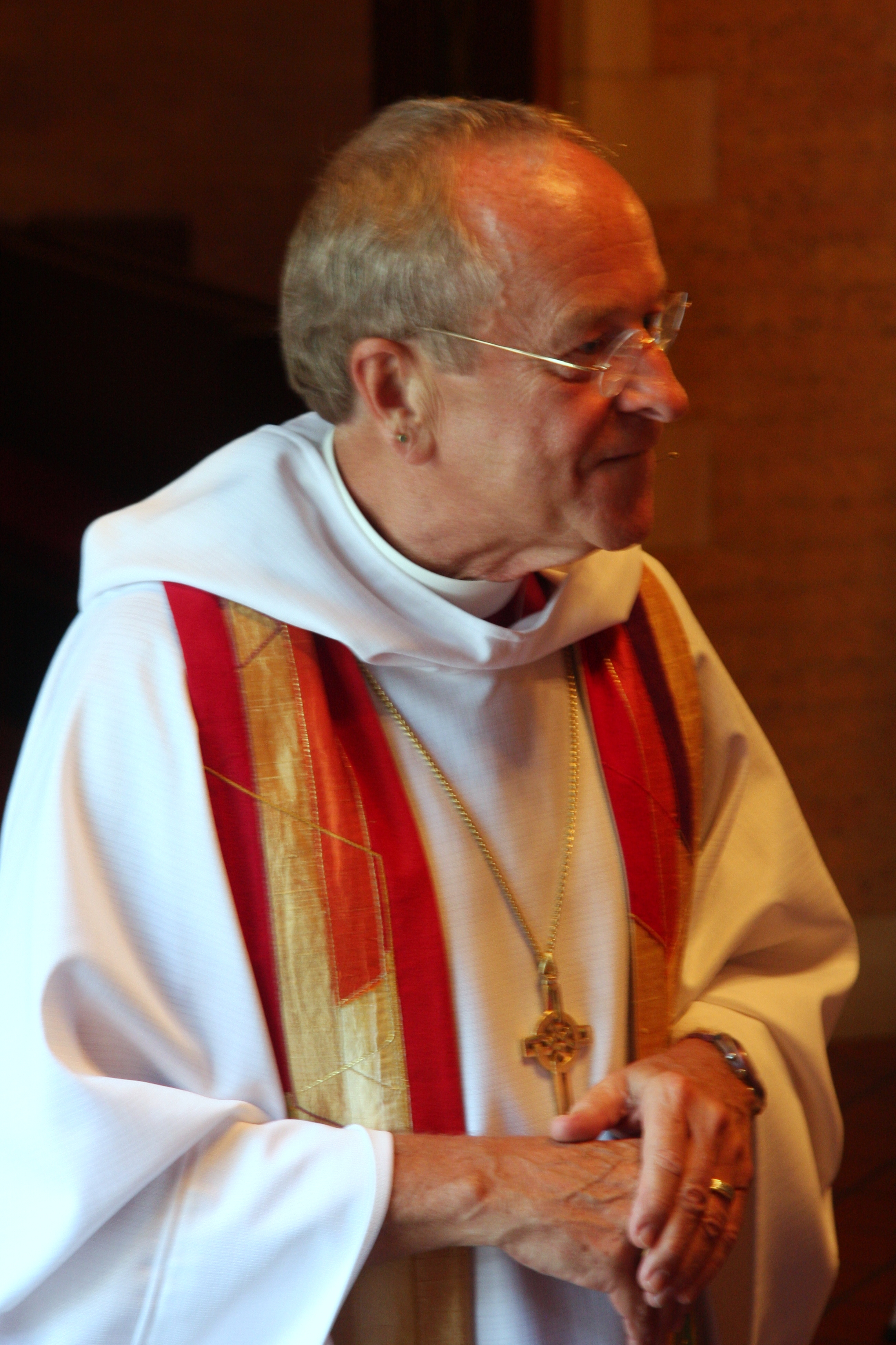|
Bernard Malango
Bernard Amos Malango (1941 – 30 October 2021) was a Zambian Anglican prelate. He was the Anglican Archbishop of Central Africa from 2000 to September 2006, when he retired. Early life and education Malango started his career as a draughtsman. He attended St John's Seminary in Lusaka, Zambia, and graduated there in 1971, obtaining a Diploma in Theology. He was later sent to Trinity College, Dublin, where he graduated with the degree of M. Phil. Positions held He was ordained in 1971, became a priest in 1972 and was consecrated in 1988. He obtained a Master of Philosophy at University of Dublin in 1984. From 1974 to 1988, Malango was in Malawi. He was Bishop's Chaplain in Malosa from 1974 to 1976; from 1978 to 1981 he was Executive Secretary/Treasurer of ACLCA; and from 1984 to 1988 he was Convenor in Malawi of the Islam Project in Africa. From 1988 to 2001, he was Bishop of Northern Zambia, became Archbishop of Central Africa in 2000 until his retirement in 2006. He wa ... [...More Info...] [...Related Items...] OR: [Wikipedia] [Google] [Baidu] |
The Most Reverend
The Most Reverend is a style applied to certain religious figures, primarily within the historic denominations of Christianity, but occasionally in some more modern traditions also. It is a variant of the more common style "The Reverend". Anglican In the Anglican Communion, the style is applied to archbishops (including those who, for historical reasons, bear an alternative title, such as presiding bishop), rather than the style "The Right Reverend" which is used by other bishops. "The Most Reverend" is used by both primates (the senior archbishop of each independent national or regional church) and metropolitan archbishops (as metropolitan of an ecclesiastical province within a national or regional church). Retired archbishops usually revert to being styled "The Right Reverend", although they may be appointed "archbishop emeritus" by their province on retirement, in which case they retain the title "archbishop" and the style "The Most Reverend", as a courtesy. Archbishop Des ... [...More Info...] [...Related Items...] OR: [Wikipedia] [Google] [Baidu] |
Lambeth Commission On Communion
In 2003, the Lambeth Commission on Communion was appointed by the Anglican Communion to study problems stemming from the consecration of Gene Robinson, the first noncelibate self-identifying gay priest to be ordained as an Anglican bishop, in the Episcopal Church in the United States and the blessing of same-sex unions in the Anglican Diocese of New Westminster. The Commission, chaired by Archbishop Robin Eames, published its findings as the ''Windsor Report'' on 18 October 2004. The report recommended a covenant for the Anglican Communion, an idea that did not come to fruition. Background The 1998 Lambeth Conference of Anglican bishops passed a resolution on human sexuality stating that it "in view of the teaching of Scripture, upholds faithfulness in marriage between a man and a woman in lifelong union" and that it could not "advise the legitimising or blessing of same sex unions nor ordaining those involved in same gender unions". Same-sex unions and Robinson's election One Can ... [...More Info...] [...Related Items...] OR: [Wikipedia] [Google] [Baidu] |
21st-century Anglican Bishops In Africa
The 1st century was the century spanning AD 1 (Roman numerals, I) through AD 100 (Roman numerals, C) according to the Julian calendar. It is often written as the or to distinguish it from the 1st century BC (or BCE) which preceded it. The 1st century is considered part of the Classical era, epoch, or History by period, historical period. The 1st century also saw the Christianity in the 1st century, appearance of Christianity. During this period, Europe, North Africa and the Near East fell under increasing domination by the Roman Empire, which continued expanding, most notably conquering Britain under the emperor Claudius (AD 43). The reforms introduced by Augustus during his long reign stabilized the empire after the turmoil of the previous century's civil wars. Later in the century the Julio-Claudian dynasty, which had been founded by Augustus, came to an end with the suicide of Nero in AD 68. There followed the famous Year of Four Emperors, a brief period of civil war and inst ... [...More Info...] [...Related Items...] OR: [Wikipedia] [Google] [Baidu] |

